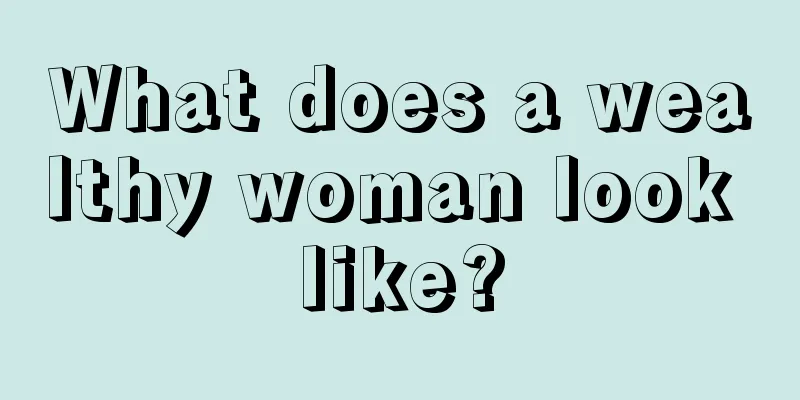Microsoft executive Marley Gray: Hong Kong will become a blockchain development center

|
Hong Kong, a global financial hub, will become a hub for blockchain technology, along with London, New York and Singapore, due to its economic clout as the world's largest financial hub, according to a senior executive at computer giant Microsoft. Marley Gray, Microsoft's head of business development and strategy, said that within three years, banks and other financial institutions will be using blockchain. Gray believes that the above four cities will become hotbeds for blockchain financial services.
Microsoft released its Azure cloud blockchain-as-a-service (BaaS) product last year. Microsoft is currently working with R3, an international alliance of more than 40 financial institutions that aims to provide distributed ledger technology solutions. Earlier this year, the World Economic Forum said that 80% of banks will launch blockchain projects by 2017, and 90% of central banks have begun to pay attention to this technology. In the past three years, investment in the blockchain field has reached $1.4 billion. Hong Kong’s Financial Technology Steering Committee has released a report detailing how blockchain can be used to reduce transaction costs for financial institutions and reduce fraudulent transactions. Benedicte Nolens, head of risk and strategy at the Hong Kong Securities and Futures Commission, also mentioned in June this year that blockchain has the potential to combat money laundering. Traditional financial systems rely on middlemen or centralized databases to record and confirm transactions, while blockchain stores information across the entire network, allowing any participant to access the corresponding information. Blockchain technology can reduce the risk of fraudulent transactions and provide a certain degree of transparency, but its records are almost impossible to change. Gray said that given Hong Kong's huge potential in the field of trade finance, blockchain technology is the only choice. Gray said that in addition to the financial services and trade sectors, medical companies can use blockchain to track records, media companies can use blockchain to protect copyright, and government departments can use blockchain to transfer property rights, which can be completed in just a few minutes. Citizens can use blockchain to create their own identity information (medical records, etc.) and then connect it to the government's database. The Estonian government has signed a partnership with startup Guardtime to record the personal medical information of one million citizens on a blockchain. To learn more about blockchain applications, please click on the blockchain application topic. |
>>: Alex Batlin, head of blockchain lab Level39, leaves UBS
Recommend
People with these facial features will eventually be rewarded with good fortune.
People with these facial features will eventually...
Will people with thin nose wings and nose tips have a harder life?
In fact, laziness is human nature. No matter what...
Is it good for a woman to have a big mouth? Are you lucky?
In the culture of physiognomy, people believe that...
Do you know the origin of the bitterness mole?
Do you know the origin of the mole of misery ? In...
Physiognomy teaches you how to avoid villains
Physiognomy teaches you how to avoid villains 1. ...
What are the facial features of men with full lips?
Facial features include many aspects, and dependi...
Ethereum miners’ mining revenue in January reached $800 million, setting a new record in 2018
Ethereum mining revenue reached $800 million in J...
Speculation and consumption: Re-examining MEME culture
Lately I have been posting most of my articles on...
What kind of people will have smooth sailing in 2013?
What kind of people will have smooth sailing in 2...
Ethereum exchanges see large outflows, continuing to lead the market
Author | Hashipi Analysis Team...
How to remedy the half-moon marks
Have you heard that the number of lunulae is rela...
Is it good to have forehead wrinkles? Forehead wrinkles facial analysis
When some lines appear on a person's forehead,...
What does a mole on the back of the ear mean?
Ears are the carriers of sound that we can hear, ...
How to identify diseases in facial features
Our physical health is actually closely related t...
Analysis of the fortune of Leo with a mole on the philtrum in 2019
Leo's birth date is July 23rd - August 22nd. ...









